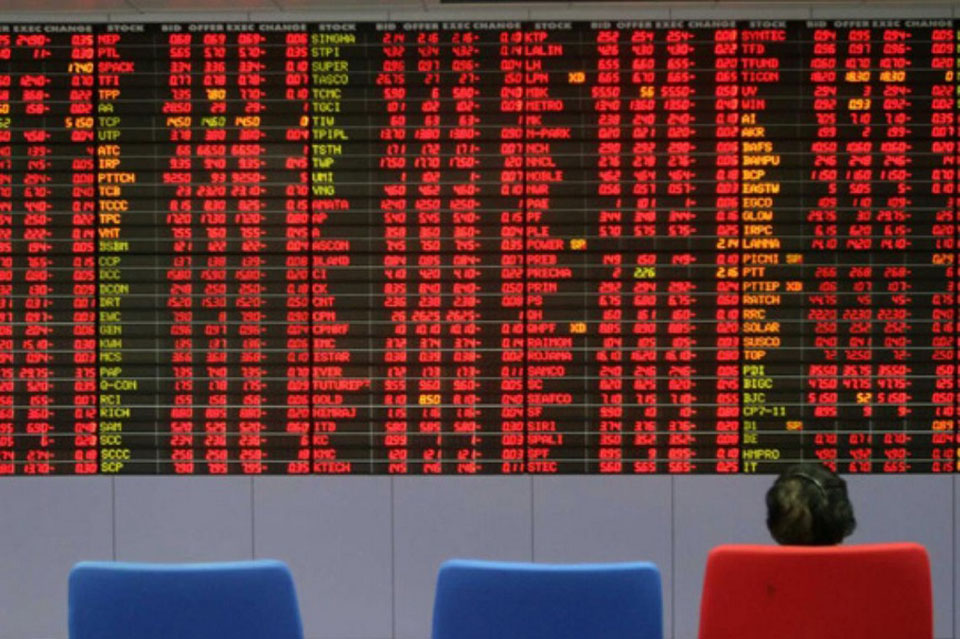
BANGKOK, Thailand – The Thai stock market experienced a sharp decline of more than 3% on April 4, marking its lowest point in five years. The downturn is largely attributed to concerns over the US’s decision to increase import tariffs, which has sparked fears of a global economic slowdown. Analysts suggest that the market may continue to fluctuate sideways in the coming week, with heightened volatility expected.
Tanomsak Saharatchai, Assistant Managing Director and Head of Research at Krungthai Xspring Securities, explained that the Thai market’s decline mirrored that of global markets, reflecting concerns over escalating trade wars. The US’s decision to raise import tariffs on various countries has fueled uncertainty about global economic growth, leading investors to sell off riskier assets in favor of safer options.
The Thai market faced significant selling pressure on large-cap stocks, with a sharp drop in global oil prices adding to the negative sentiment (WTI crude oil futures sank 7.4% to $62 per barrel on April 4). The decision by OPEC+ to increase oil production further pressured energy stocks, contributing to the continued decline of the SET Index. The market also saw some risk-off behavior as investors moved to reduce exposure ahead of the long holiday weekend. As a result, the SET Index fell to its lowest level in five years, reaching 1,125.21 points, a drop of 36.60 points, or -3.15%, with a trading volume of 48.29 billion baht.
Looking ahead to next week, market observers predict continued sideways movement with ongoing volatility. Attention will be on the Thai government’s negotiations with the United States regarding the unexpected tariff hikes, which are putting additional pressure on the Thai economy. Key resistance levels are seen at 1,140-1,150 points, while support is pegged at 1,110-1,120 points.










